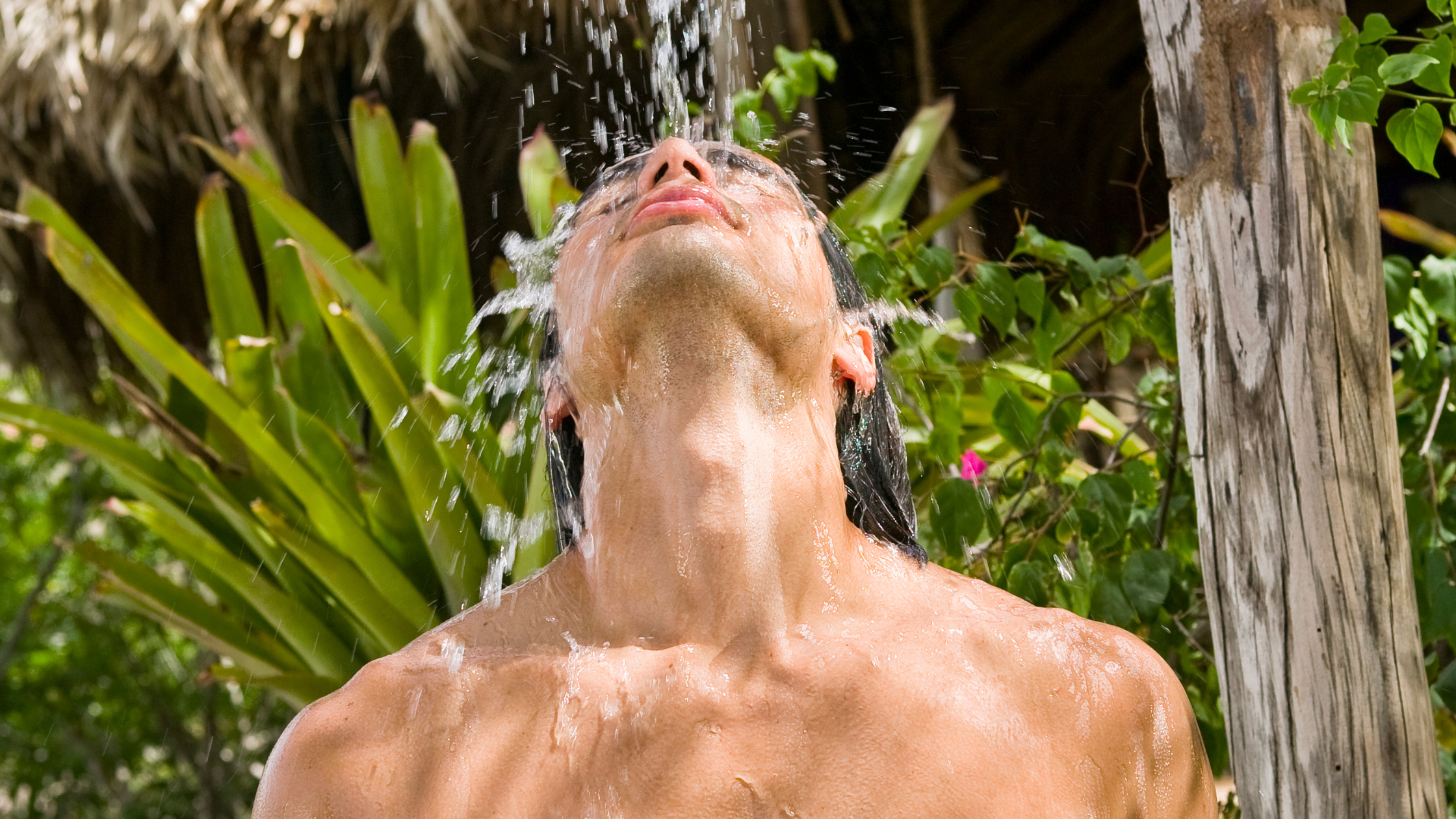In the world of post-workout recovery, the debate over whether to take a cold shower rages on. Some swear by the invigorating effects of icy water, while others prefer the soothing warmth of a steamy bath. The truth lies in the middle, and the decision to embrace or skip the cold shower depends on a multitude of factors, including personal preference and individual response. In this comprehensive guide, we delve deep into the world of cold showers after working out, exploring their benefits, drawbacks, and the crucial importance of listening to your body.
Benefits of Cold Showers After Working Out:
-
Reduced Muscle Soreness: Cold water, as it cascades over your tired muscles, works its magic by constricting blood vessels. This constriction helps reduce muscle soreness and inflammation, providing much-needed relief from post-workout pain. It's like a natural ice pack for your body, targeting the areas that need it most.
-
Improved Recovery: Athletes and fitness enthusiasts often turn to cold showers as a secret weapon for faster recovery. The cold water is believed to combat the buildup of lactic acid in muscles, which is a common culprit for that next-day soreness. By flushing out lactic acid more efficiently, you might find yourself ready to hit the gym again sooner than you think.
-
Increased Alertness: If you've ever experienced the shock of icy water on your skin, you know the instant jolt of energy it provides. Cold showers can boost your alertness and energy levels, making them an attractive choice after a particularly strenuous workout. It's like a shot of adrenaline that can help you power through the rest of your day.
Drawbacks of Cold Showers After Working Out:
-
Discomfort: Let's face it; cold showers can be uncomfortable, especially when your body is already fatigued from a workout. The initial shock of the cold water can be daunting, and not everyone enjoys the sensation.
SEO Tip: Mentioning terms like "cold shower discomfort" and "post-workout cold shower challenges" can capture search traffic related to this drawback.
-
Reduced Blood Flow: Cold water's vasoconstrictive effect can reduce blood flow to the muscles. While this may not be a problem for everyone, it's essential to consider that reduced blood flow may not be ideal for muscle recovery in some cases.
SEO Tip: Utilize keywords such as "muscle blood flow," "vasoconstriction in cold showers," and "muscle recovery drawbacks" to align your content with relevant search queries.
-
Not Suitable for Everyone: Cold showers are not a one-size-fits-all solution. Individuals with specific medical conditions, such as Raynaud's disease, may find cold exposure extremely uncomfortable and potentially harmful. It's crucial to consult with a healthcare professional if you have concerns about the suitability of cold showers for your health.
SEO Tip: Incorporate keywords like "cold shower contraindications," "Raynaud's disease and cold showers," and "medical conditions and cold exposure" to address this important consideration.
Listening to Your Body:
Ultimately, the decision to take a cold shower after working out should align with your personal preferences and how your body responds. While some find it invigorating and highly beneficial, others may opt for alternative recovery methods such as stretching, foam rolling, or a balanced post-workout meal.
Conclusion
In conclusion, the key to effective post-workout recovery is not to adhere to a one-size-fits-all approach but to tailor your choices to what works best for you. If you're uncertain, consider experimenting with cold showers and pay close attention to how they affect your post-workout well-being.


Share:
Exploring the Surprising Health Benefits of Steam Rooms: A Wellness Guide
How Long Should You Stay in a Steam Room for Optimal Wellness